Construction Technology in Singapore: Examples, Trends & Offshore Service Opportunities
The construction industry is undergoing a major digital transformation, driven by rapid urbanization, sustainability demands, and the rise of smart city initiatives. In Singapore, where space is limited and efficiency is critical, the need for advanced construction technology has never been greater.
In this blog, we explore construction technology definition, why it matters in Singapore, showcase 10 real-world examples, trends and discuss how outsourcing technology services can help companies reduce costs, scale faster, and stay competitive in this rapidly evolving industry.
Table of Contents
- What Is Construction Technology?
- Why Construction Technology Matters in Singapore (2025)
- 10 Real-World Examples of Construction Technology
- Challenges in Adopting Construction Technology in Singapore
- Outsourcing Construction Technology Services in Singapore
- Kaopiz – Your Offshore Partner for Construction Technology Solutions
- Future Trends in Construction Technology
- Conclusion
- FAQs
What Is Construction Technology?
Construction technology is the use of modern tools, machinery, software, and processes to improve how buildings and infrastructure are designed, built, and managed. It includes solutions like 3D construction technology, Building Information Modeling (BIM), AI, IoT sensors, and cloud-based platforms.
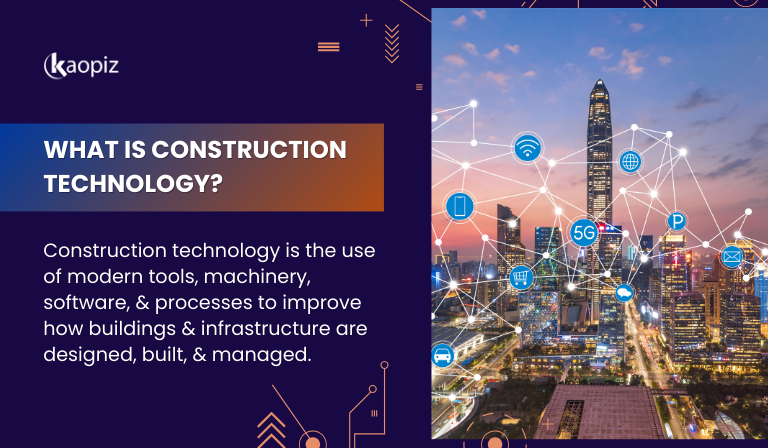
Traditionally, construction relied on manual work and paper-based processes, leading to delays and high costs. Today, construction information technology enables smarter planning, real-time collaboration, and data-driven decisions.
Why Construction Technology Matters in Singapore (2025)
The Singapore construction market reached $39.2 billion in 2024 and is projected to grow to $56.7 billion by 2033, with a CAGR of 4.18% between 2025 and 2033. This growth is fueled by government infrastructure projects, urban redevelopment, sustainable building initiatives, rising foreign investments, and a strong focus on smart city development.
To keep up with this rapid expansion, construction technology firms must adopt modern technologies to overcome challenges such as high labor costs, limited land availability, and strict sustainability regulations.
By leveraging advanced solutions like AI, IoT sensors, 3D construction technology, and cloud-based project management, companies in Singapore can:
- Reduce project delays and costs through data-driven planning.
- Improve worker safety with real-time site monitoring.
- Support sustainability goals by minimizing material waste.
- Stay competitive in a rapidly evolving, innovation-driven market.
In 2025 and beyond, construction technology will be a key driver for achieving smarter, safer, and greener construction projects in Singapore.
10 Real-World Examples of Construction Technology
From 3D printing to AI-driven analytics, construction technology is reshaping how projects are designed, managed, and delivered. Here are 10 examples of construction technology driving innovation and efficiency in Singapore’s construction industry.
3D Construction Technology
3D construction technology uses 3D printing to create building components or even entire structures layer by layer. This innovation significantly reduces construction time, lowers material waste, and enables complex designs that are difficult to achieve with traditional methods.
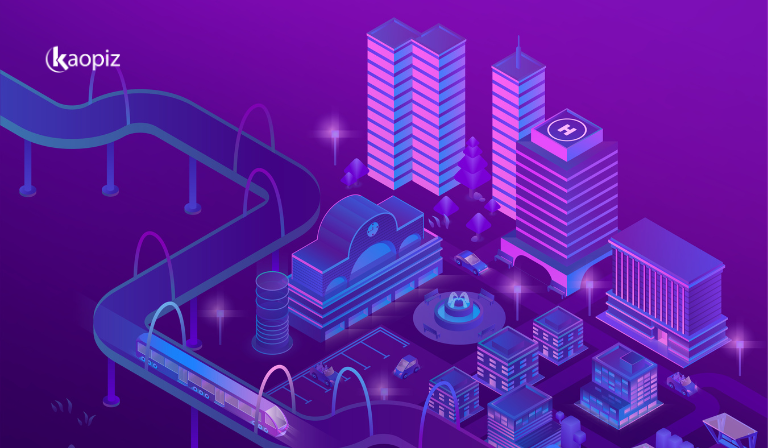
In Singapore, where space and resources are limited, 3D printing helps developers build faster and more sustainably, making it ideal for urban redevelopment and green building initiatives. It also lowers labor costs while maintaining high precision and quality, supporting the country’s smart city development goals.
Building Information Modeling (BIM)
BIM is a digital process that creates and manages 3D models of buildings, integrating data about design, construction, and operations. It enables real-time collaboration among architects, engineers, and contractors, reducing errors and improving project coordination.
Moreover, BIM is a key part of the government’s Construction Industry Transformation Map (ITM), driving smarter, more sustainable development in Singapore. By adopting BIM, companies can optimize resource planning, minimize delays, and enhance project transparency, which is essential for large-scale urban redevelopment and smart city projects.
AI & Machine Learning
AI and Machine Learning are transforming construction by enabling data-driven decision-making and predictive insights. These technologies analyze vast amounts of project data to forecast risks, optimize schedules, and reduce costs.
In Singapore, AI-powered solutions are increasingly used for predictive maintenance, resource allocation, and automated quality checks. For example, AI can predict potential delays before they occur or detect structural defects early, ensuring safer, more efficient construction projects. This not only improves productivity but also helps companies stay competitive in the fast-growing, innovation-driven construction market.
IoT Sensors & Smart Devices
IoT sensors and smart devices bring real-time visibility to construction sites by tracking equipment, materials, and worker safety. These connected devices collect and transmit data on factors such as site conditions, equipment usage, and structural stability, helping teams make informed decisions quickly.
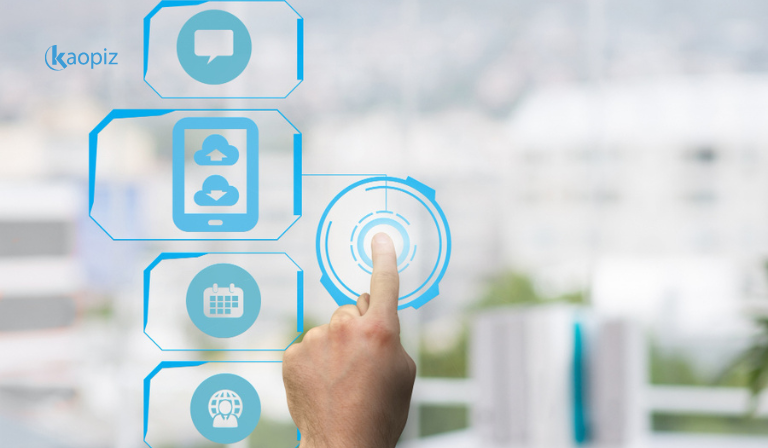
IoT technology plays a vital role in smart city development and sustainable construction practices in Singapore. For example, sensors can monitor energy consumption, detect hazardous conditions, and automate maintenance alerts. This leads to safer work sites, reduced downtime, and greater efficiency, making it essential for modern, large-scale construction projects.
Drones
Drones are revolutionizing construction by providing aerial monitoring, site surveying, and progress tracking with speed and precision. They capture high-resolution images and videos, enabling teams to map construction sites, inspect hard-to-reach areas, and track project milestones in real time.
In Singapore, drones are especially valuable for urban redevelopment and high-rise construction, where safety and accuracy are critical. By reducing the need for manual inspections, drones help lower risks, cut costs, and improve project efficiency, supporting the country’s push toward smart and sustainable construction practices.
AR/VR for Planning & Training
Augmented Reality (AR) and Virtual Reality (VR) are transforming the way construction teams visualize, plan, and train. AR allows stakeholders to overlay digital models onto physical spaces, providing a real-time view of designs during on-site inspections. VR creates fully immersive environments where teams can experience projects before construction begins, helping identify potential design issues early.
Currently, AR/VR is widely used for worker training, safety simulations, and client presentations in Singapore. These technologies reduce miscommunication, improve collaboration, and enhance safety, making construction projects more efficient and cost-effective.
Cloud-Based Project Management
Cloud-based project management platforms centralize all project data, enabling teams to collaborate in real time from anywhere. They streamline scheduling, budgeting, document sharing, and communication, reducing errors and improving transparency.
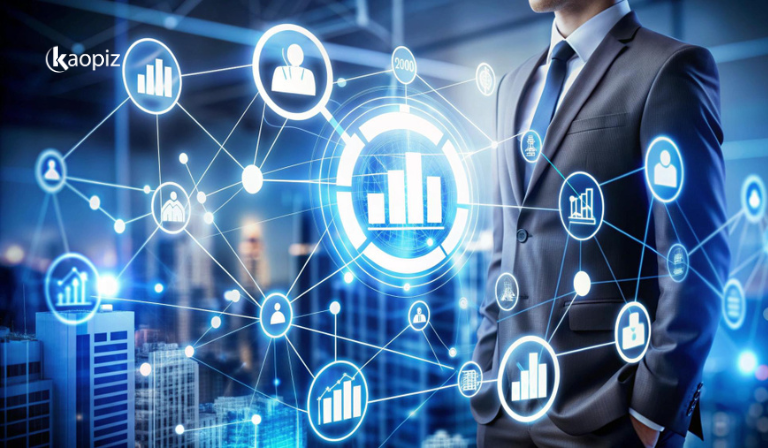
For Singapore’s fast-paced construction industry, these tools are essential for coordinating multiple stakeholders, especially in large urban redevelopment projects. By providing instant access to updates and analytics, cloud platforms help companies reduce delays, optimize resource allocation, and deliver projects on time and within budget.
Robotics & Automation
Robotics and automation are transforming construction by taking over repetitive, labor-intensive, and high-risk tasks. Examples include robotic arms for bricklaying, autonomous machinery for excavation, and automated welding systems. These technologies improve precision, speed, and worksite safety, while reducing reliance on manual labor.
In Singapore, where labor shortages and high wages are key challenges, robotics helps companies cut costs and increase productivity. They also play a vital role in sustainable construction, as automated systems use materials more efficiently and minimize waste, supporting the nation’s smart city and green building initiatives.
Sustainable Materials Technology
Sustainable materials technology focuses on using eco-friendly, energy-efficient, and recyclable materials to reduce the environmental impact of construction projects. This includes innovations like low-carbon concrete, recycled steel, bamboo composites, and smart glass that improve energy efficiency and durability.
In Singapore, where green building standards and sustainability goals are top priorities, adopting sustainable materials helps companies meet regulatory requirements, reduce waste, and lower long-term costs. It also supports the nation’s vision of building smarter, greener cities, while appealing to environmentally conscious investors and clients.
Advanced Analytics for Cost Optimization
Advanced analytics uses data-driven insights to help construction companies optimize budgets, reduce waste, and improve resource allocation. By analyzing project data such as labor hours, material usage, and equipment performance, companies can predict costs, identify inefficiencies, and make proactive decisions to stay within budget.
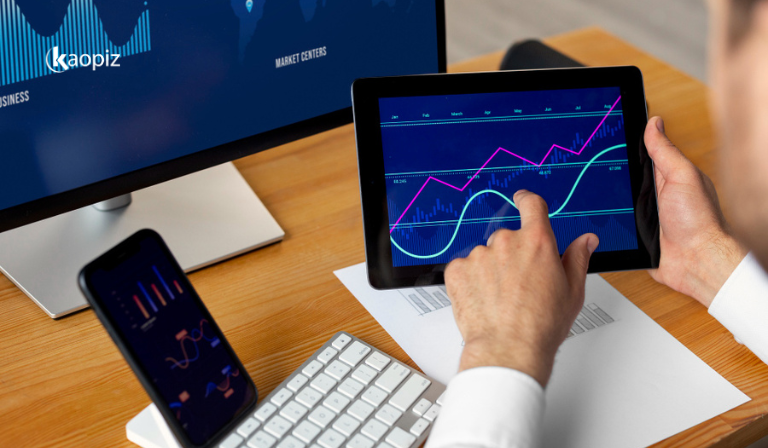
As the construction costs in Singapore are high, advanced analytics is essential for maximizing ROI. It enables firms to plan more accurately, avoid delays, and ensure that projects are delivered on time and cost-effectively, giving them a competitive edge in a fast-growing market.
Challenges in Adopting Construction Technology in Singapore
Despite its benefits, adopting the construction technology industry in Singapore comes with key challenges:
- High Upfront Costs: Advanced tools like BIM and IoT require significant initial investment, especially for smaller firms.
- Skills Shortage: Limited availability of tech-savvy professionals slows adoption and optimization.
- Legacy System Integration: Upgrading old systems can be complex and time-consuming.
- Data Security Risks: Digital projects must comply with strict laws like the PDPA while protecting sensitive data.
- Resistance to Change: Teams used to traditional workflows may resist new technologies without proper training.
Overcoming these hurdles is vital for driving innovation and staying competitive in Singapore’s fast-growing construction market.
Outsourcing Construction Technology Services in Singapore
Outsourcing allows construction companies to access advanced technology expertise without the high costs of building in-house teams. In Singapore’s competitive market, partnering with offshore construction technology vendors helps firms innovate faster, reduce expenses, and focus on their core activities.
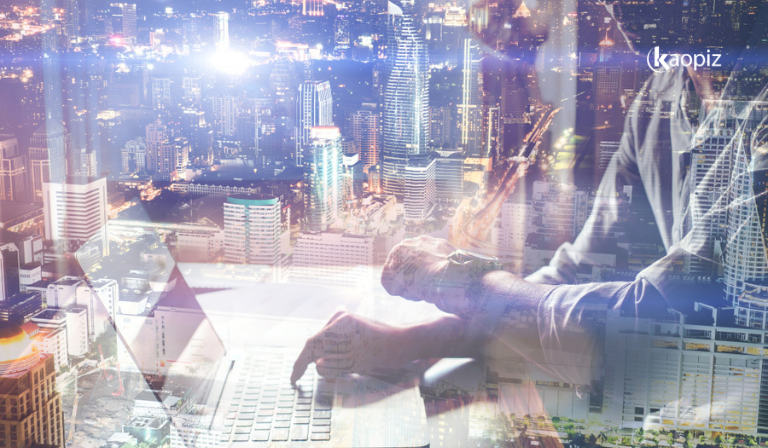
Why Outsourcing Works for Construction Tech Projects?
Outsourcing gives construction companies cost-effective access to technology expertise without the heavy investment needed to build in-house teams. Offshore partners with skills in BIM, AI, IoT, and cloud solutions help firms adopt digital tools faster and more efficiently.
Key benefits of outsourcing include:
- Lower costs: Reduce hiring and training expenses (up to 40-60%) by leveraging offshore talent.
- Faster implementation: Deploy advanced technologies quickly with ready-to-go expert teams.
- Access to specialized skills: Gain expertise in niche areas like AI-driven analytics or smart site IoT integration.
- Scalability: Easily scale resources up or down based on project needs.
- Focus on core activities: Free internal teams to concentrate on construction while partners manage technology.
For Singapore’s competitive market, offshore software development for construction tech ensures companies stay innovative, agile, and cost-efficient while driving digital transformation.
Key Outsourcing Services & Models
Outsourcing construction technology allows companies to leverage specialized services and flexible engagement models to meet their unique project needs.
Popular offshore construction technology services include:
- Custom software development: Tools for BIM, project management, scheduling, and reporting.
- AI & IoT integration: Smart sensors, predictive analytics, and automation solutions for construction sites.
- Cloud services: Cloud migration, hosting, and management for construction data.
- Data analytics: Insights for cost optimization, risk management, and resource planning.
Common outsourcing models:
- Fixed-price projects: Best for clearly defined scopes and timelines.
- Dedicated development teams: Offshore teams work exclusively for your company, ideal for long-term needs.
- Hybrid models: A mix of fixed-price and dedicated resources for maximum flexibility.
By choosing the right services and model, construction firms in Singapore can innovate faster, reduce costs, and scale efficiently while staying focused on core operations.
Choosing the Right Offshore Partner
Selecting the right offshore partner is crucial for the success of construction technology projects. The ideal partner should bring industry expertise, strong communication, and a proven track record of delivering high-quality solutions.
Key factors to consider:
- Relevant experience: Look for a partner with successful projects in construction technology, such as BIM software or IoT integration.
- Technical expertise: Ensure they offer skills in AI, cloud services, and advanced analytics to meet future needs.
- Compliance and security: Verify certifications like ISO 27001 and adherence to Singapore’s PDPA for data protection.
- Transparency: Choose a vendor with clear processes, regular reporting, and open communication.
- Client references: Review case studies or testimonials to validate their capabilities.
A reliable offshore partner will help Singapore construction companies innovate faster, reduce risks, and achieve long-term growth.
Kaopiz – Your Offshore Partner for Construction Technology Solutions
At Kaopiz, we help construction companies innovate and scale with cutting-edge technology solutions. With 10+ years of experience, 600+ engineers, and 1,000+ successful projects, we deliver high-quality, cost-effective solutions to clients across Singapore, Japan, Hong Kong, and beyond.
Why Choose Kaopiz?
As a trusted IT outsourcing company in Singapore, Kaopiz has a strong track record in construction, manufacturing, logistics, and smart city projects, trusted by leading APAC enterprises. Backed by certifications like ISO 27001, AWS Advanced Tier Services, and ISTQB Platinum Partner, we maintain a 98% client satisfaction rate through reliable delivery and long-term partnerships.
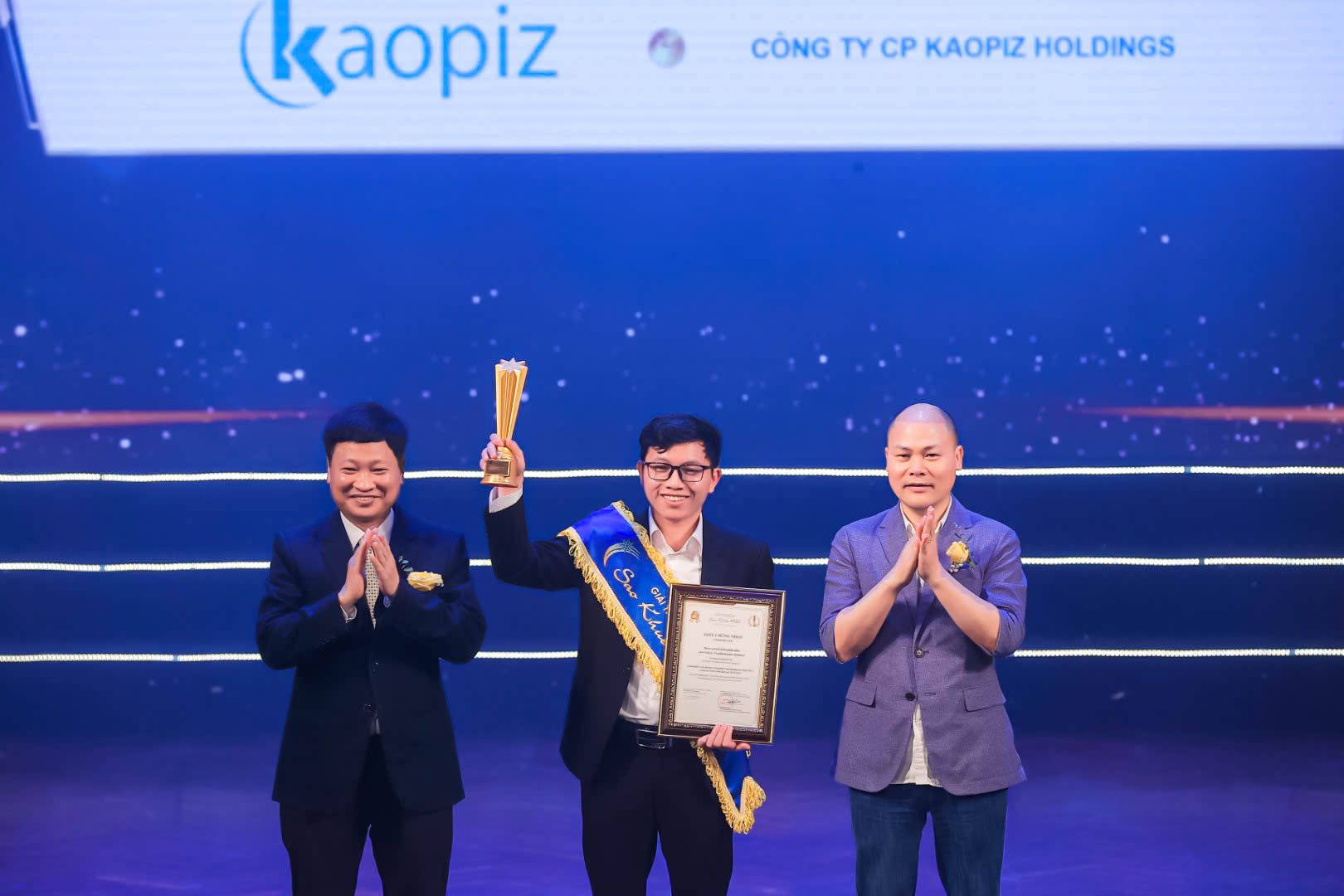
We specialize in providing advanced construction technology services tailored to your needs:
- Custom BIM and Project Management Software: Digital platforms to streamline planning, scheduling, and reporting.
- AI-Driven Analytics: Predictive modeling for cost forecasting, risk management, and productivity optimization.
- IoT Integration: Smart sensors and connected devices to improve safety and real-time site monitoring.
- Cloud Services: Secure cloud migration, hosting, and data management to support collaboration.
- Dedicated Offshore Teams: Agile teams for long-term innovation and digital transformation initiatives.
Let’s build smarter, greener, and more efficient construction projects together.
Case Study: AI-Powered Safety System for Construction Sites
Kaopiz helped a leading construction and engineering firm transform safety management across 50+ high-risk sites with over 5,000 workers. The client faced challenges with slow, error-prone inspections and needed a real-time, proactive solution to reduce accidents and enforce compliance.
We developed an AI-powered Safety Monitoring System combining computer vision, IoT sensors, and predictive analytics to:
- Detect missing PPE and unsafe behaviors.
- Identify hazards like falling objects or unstable structures.
- Send instant alerts to safety managers and workers.
- Provide predictive insights and real-time dashboards.
Impact:
- 40% fewer onsite accidents
- 60% increase in PPE compliance
- 70% boost in monitoring efficiency
This project showcases Kaopiz’s expertise in AI, IoT, and construction technology, delivering scalable, secure solutions that enhance safety and operational efficiency for the construction industry.
Future Trends in Construction Technology
As Singapore’s construction industry continues to grow, new technologies are set to reshape how projects are planned, built, and managed. Companies that embrace these innovations will gain a strong competitive edge.
Key construction industry trends to watch:
- AI and Predictive Analytics: Smarter forecasting for project costs, safety risks, and maintenance needs.
- Digital Twins: Virtual replicas of buildings for real-time monitoring and simulation.
- Robotics and Automation: Increased use of autonomous machinery to address labor shortages and boost productivity.
- Sustainable Tech: Advanced materials and green technologies to meet strict environmental regulations.
- 5G and IoT Integration: Ultra-fast, connected sites for seamless data sharing and smart device coordination.
- Agentic AI: AI systems capable of independent reasoning to manage complex construction tasks.
By adopting these trends early, construction companies in Singapore can reduce costs, enhance safety, and deliver smarter, greener projects, positioning themselves for long-term success.
Conclusion
The construction industry in Singapore is entering a new era of innovation, driven by technologies like AI, IoT, BIM, 3D printing, and cloud solutions. These construction technology examples not only improve safety, efficiency, and sustainability but also help companies stay competitive in a rapidly evolving market.
For many firms, outsourcing construction technology services is the fastest, most cost-effective way to adopt these innovations. By partnering with experienced outsourcing construction technology companies like Kaopiz, construction companies can reduce costs, accelerate digital transformation, and focus on delivering high-quality projects.
FAQs
- Why Should Construction Companies Outsource Technology Services?
- Outsourcing allows construction companies to access advanced expertise in areas like AI, BIM, IoT, and cloud solutions without the high cost of building in-house teams. It helps reduce operational expenses, accelerate project timelines, and let companies focus on core construction activities while technology partners handle digital transformation.
- How Does IT Outsourcing Benefit Construction Companies in Singapore?
-
IT outsourcing in Singapore provides construction firms with:
- Cost savings through offshore development teams.
- Faster implementation of modern technologies.
- Scalable resources to match project demands.
- Compliance support with strict local regulations like PDPA.
- Access to global talent and innovative solutions.
- What Are Offshore Construction Services?
- Offshore construction services involve partnering with IT outsourcing vendors to develop solutions such as BIM software, AI-driven analytics, IoT integrations, and cloud-based management platforms. These services enable construction companies to leverage global expertise while optimizing budgets and improving overall efficiency.
- How Much Does It Cost to Outsource Construction Technology Services in Singapore?
- Costs depend on factors like project scope, team size, technology stack, and service model (fixed-price or dedicated team). Generally, offshore outsourcing can reduce expenses by 40–60% compared to hiring local teams in Singapore, while still maintaining high-quality standards.
- How to Choose the Best Offshore Vendor for Construction Projects?
-
When selecting an offshore partner who provides construction technology solutions for Singapore companies, consider:
- Experience with construction technology projects.
- Technical expertise in AI, IoT, and cloud solutions.
- Certifications like ISO 27001 and AWS Partner status.
- Transparent communication and reporting processes.
- Client references and success stories.
Trending Post
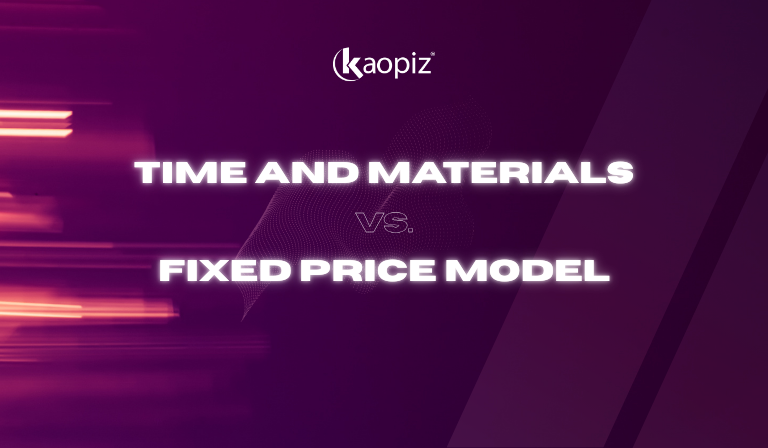
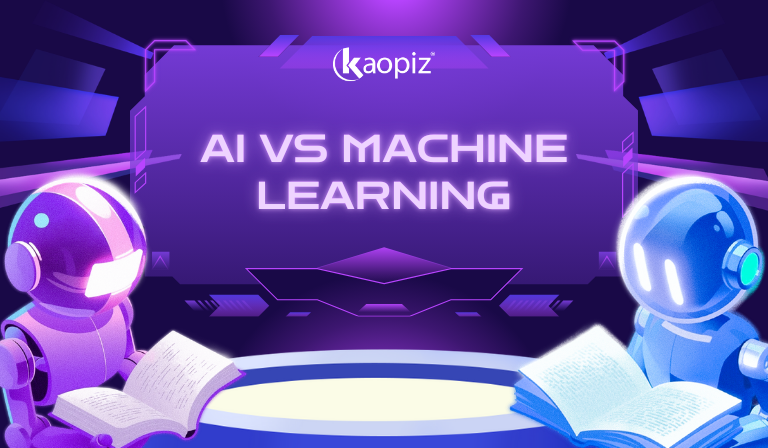
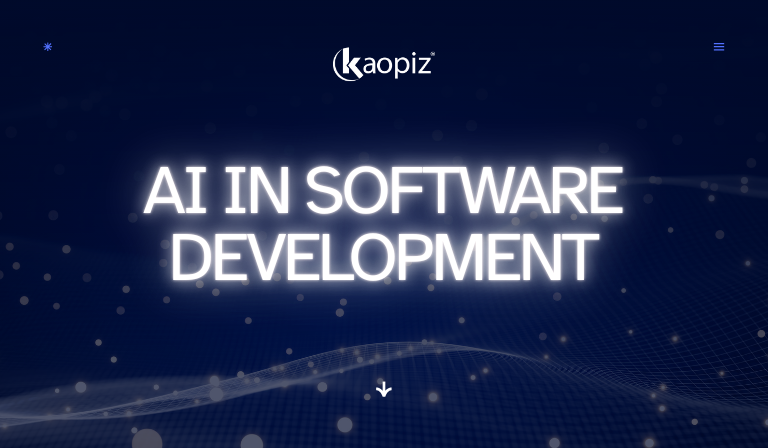
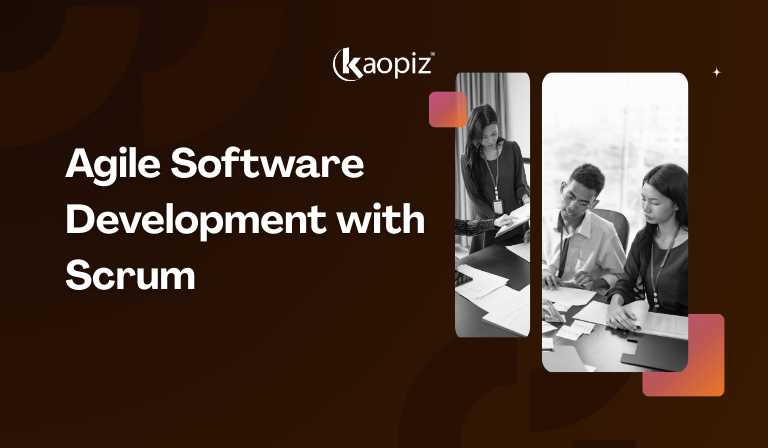

















No Comments yet!